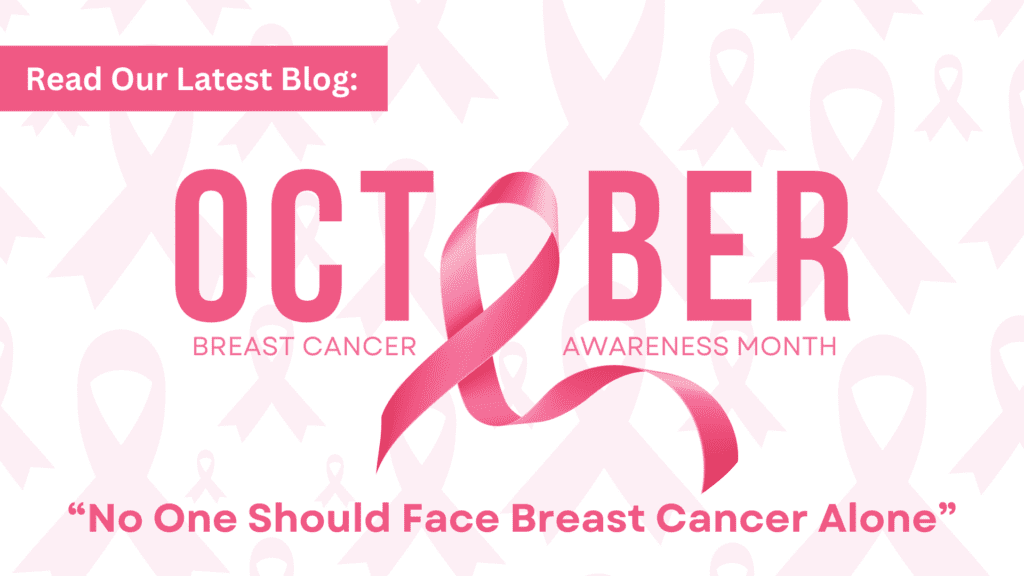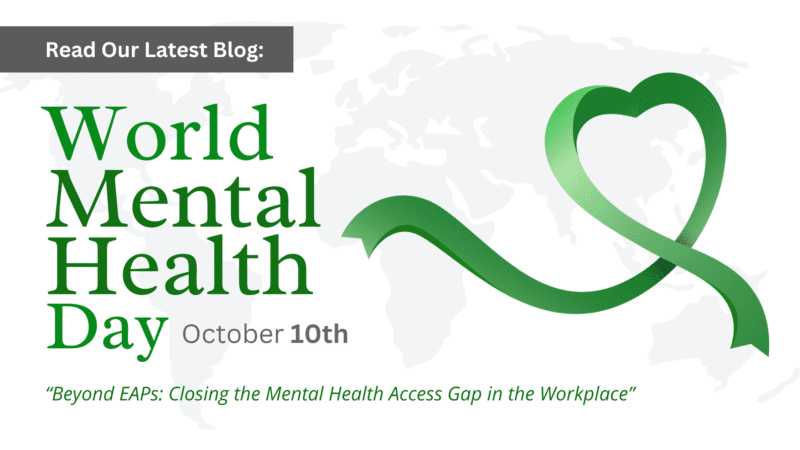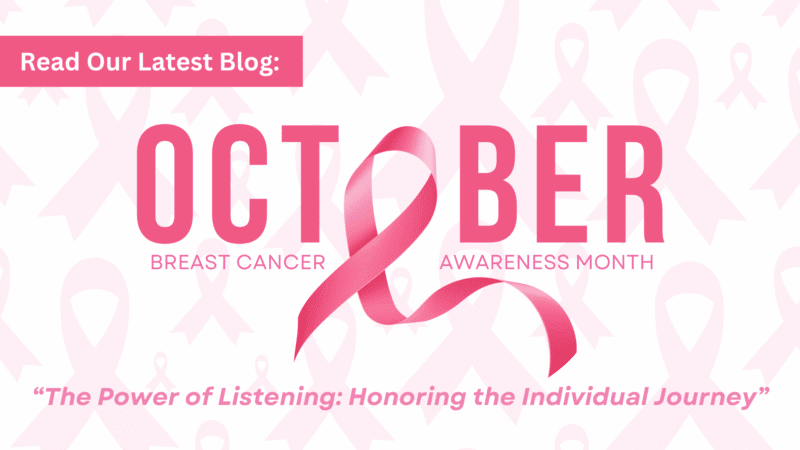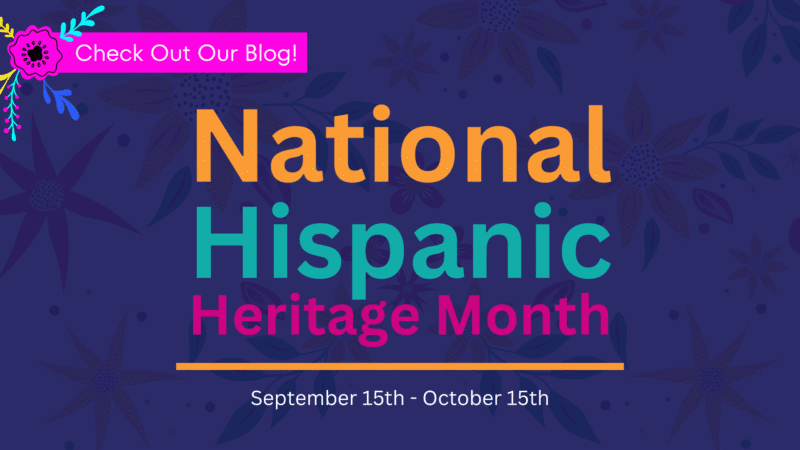
Breast cancer is more than a medical diagnosis; it’s a life-altering experience that affects not only the person diagnosed but also a network of individuals including their family, friends, and community. While the physical challenges of breast cancer are daunting, the emotional and psychological toll can be just as overwhelming. This is why this year’s Breast Cancer Awareness Month theme, “No one should face breast cancer alone,” is so critical.
Research and countless personal stories show that support systems—through loved ones, healthcare professionals, and or communities—play a key role in helping individuals navigate the complexities of breast cancer.
The Importance of Support
Breast cancer is an intensely personal journey, and no two experiences are the same. Many survivors and those currently undergoing treatment speak of the isolation they feel at certain points in their journey. However, they also emphasize the transformative power of support from others. Whether it’s a hug from a family member, an empathetic ear from a friend, or reassurance from a fellow survivor, knowing that someone else understands can alleviate feelings of loneliness and fear.
Emotional support can help breast cancer patients cope with the psychological burden of the disease. Practical support—such as help with daily chores, medical appointments, or financial advice—eases the strain of managing life while undergoing treatment. Spiritual or mental support, through counseling or meditation, provides another pillar of strength.
The Impact of Support
The role of support in a breast cancer journey isn’t just anecdotal; it’s backed by data. Studies show that breast cancer patients with robust support systems tend to experience better outcomes. According to a study published in the Journal of Cancer, women with breast cancer who had strong social support were 34% less likely to die from the disease compared to those who felt isolated. Moreover, social support has been linked to lower rates of depression and anxiety, which are common psychological challenges faced by cancer patients.
The American Cancer Society highlights that support groups can provide a safe space for patients to share their fears and hopes, which can help reduce stress and anxiety levels. In fact, participating in support groups or counseling sessions has been shown to boost survival rates and improve the quality of life for breast cancer patients.
Building a Supportive Community
Breast cancer advocacy groups are actively working to ensure that no one walks this path alone. Organizations like Susan G. Komen, the National Breast Cancer Foundation, and local support networks have created avenues for patients to connect with survivors, caregivers, and medical professionals. These communities offer vital emotional and informational resources that can guide patients and their families through diagnosis, treatment, and recovery.
Conclusion: You Are Not Alone
As we observe Breast Cancer Awareness Month, let us all remember that no one should face this battle in isolation. Whether you’re a patient, a caregiver, or a friend, your support matters. Together, we can ensure that everyone impacted by breast cancer has the comfort, resources, and community they need to overcome this challenge.




